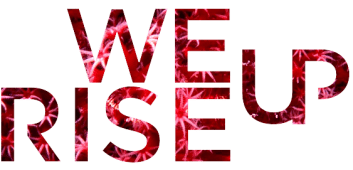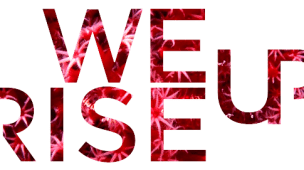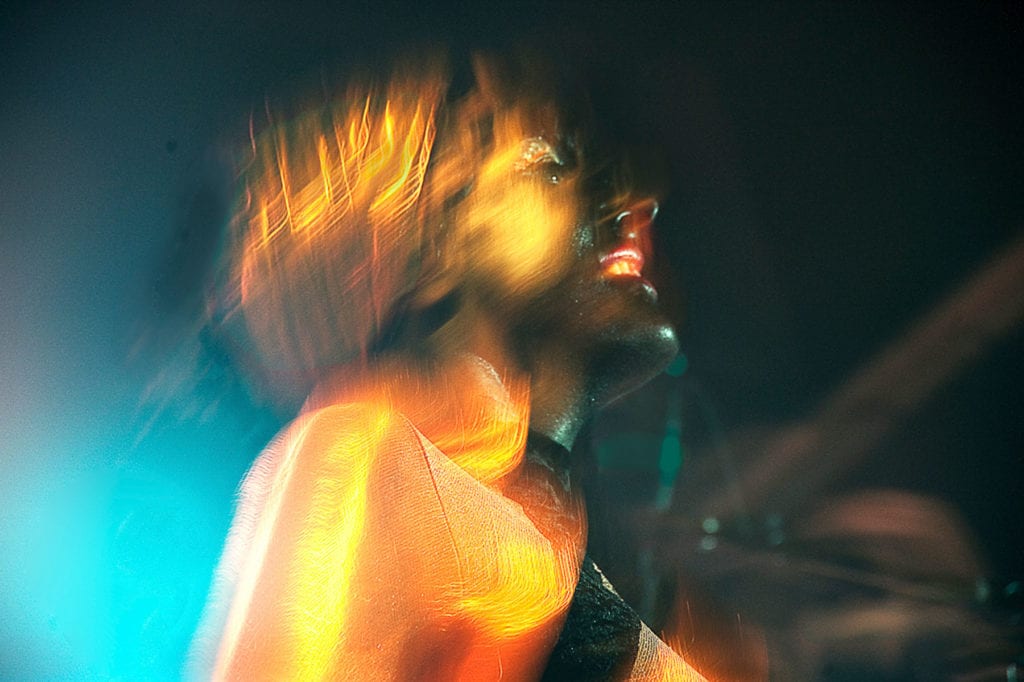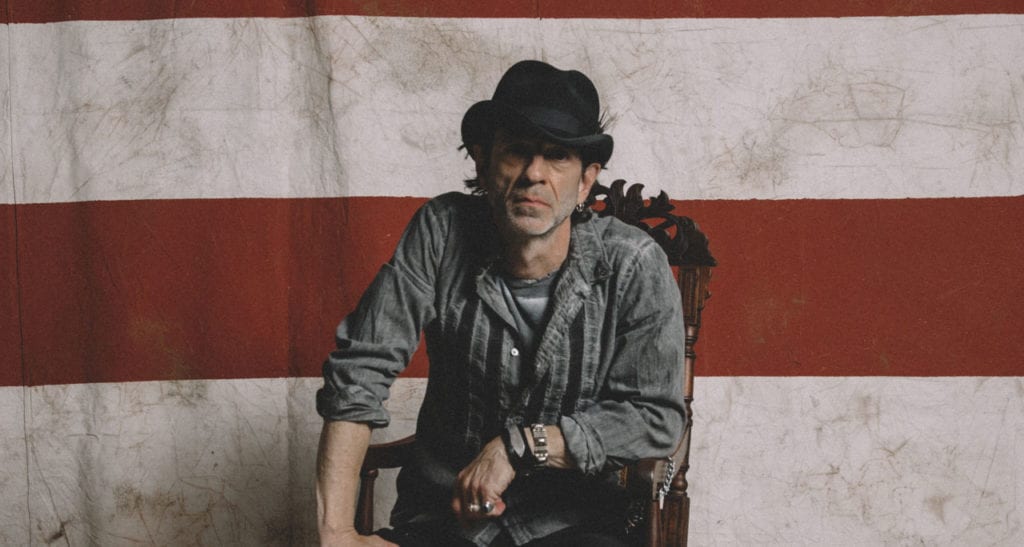Menu
WRU JOURNAL

Volume 1, Issue 1
Menu
WRU JOURNAL

Volume 1, Issue 2





A Nashville-native and graduate of Vanderbilt University, Whitney Daane began her career in entertainment in LA in the film business with stints at Allan-Rice Management and the William Morris Agency before being hired by Madonna to join Maverick Picture Company. Daane realized her true passion was not film but songwriters and found a mentor in iconic music publisher, Lionel Conway. Conway hired Daane to co-lead with Peter Cronin the newly formed Maverick Music Nashville in 1996. In 2000, Daane started her own publishing and writer management company, Mighty Isis Music, representing writers in Nashville, Los Angeles, New York and London and began consulting for London-based start-up Kobalt Music Publishing in 2001. Daane helped launch Kobalt Music Services in the U.S. in November 2001 as a creative consultant and spent fifteen years building the Nashville roster and overseeing the creative staff as well as focusing on the acquisition of new writers and catalogues and exploitation of catalogues for Kobalt’s diverse global roster. In June 2017, Daane launched her new company DAANEgerous Entertainment that encompasses music publishing, writer management, artist development and film & TV project development and is represented globally by Kobalt.

It was a balmy night in Washington, D.C.. The summer of ’69. We had been to Billy Martin’s Carriage House for dinner and had decided to stop by The Whisky A Go Go on M Street on our way home. I was wearing my favorite crushed white vinyl patent leather “go go” boots which at that time were de rigueur. What was good for Cher was good for me! I remember the flashing lights… the dancers in cages… Mama Cass was there… I was watching in awe from above… on my father’s shoulders. I was four. It was my first real experience of “live music” and left an indelible mark. I briefly thought about being the girl on the elephant at Ringling Bros. and Barnum & Bailey circus. The fabulous lavender feather headdress and rhinestone costume. I got to go “backstage” behind the tent where I realized all was not so sparkly behind the wizard’s curtain—her feet were filthy. I switched gears back to music—climbing up in the maple tree in the front lawn and giving concerts, singing “God Didn’t Make Little Green Apples,” and,“Leaving On A Jet Plane,” at the top of my lungs. The neighbors loved it. I was hooked. My first 45s were, “Billy Don’t Be A Hero,” and “American Pie,” followed closely by, “One Is The Loneliest Number,”“Sugar Sugar,” and “Half Breed,” purchased at Mr. Ayres five & dime on Washington Boulevard. My first “rock concert” followed in the early ‘70s at The Castle in Charlevoix, Michigan. CHICAGO at the height of their popularity. “Does anybody really know what time it is? Does anybody really care?” No one cared because we were all consumed by the music. The vibrational energy washing over us on our blankets and for a few hours uniting us as lovers of the experience. The power of music is undeniable. The power of live music in my opinion is quintessential to civilization, cross-cultural experience, connection to one’s soul and those of others. Diving deep into the unknown of your own heart and mind. And then there’s Ted Nugent, Earth Wind & Fire, Rush, Eric Clapton, Bruce Springsteen, The Rolling Stones, Bryan Adams, The Commodores, Elton John, Fleetwood Mac, Boy George, The Pretenders, Bryan Adams, Hall & Oates. These concerts attended at Nashville Municipal Auditorium were just plain fun and youthful wild abandon which, once again in my opinion, is a rite of passage, a quintessential part of growing up.
I grew up. Went to college. Went to law school briefly. Ran away from home and indeed joined the proverbial “circus”—the music business. I have spent the past thirty years of my life championing songwriters. Experiencing the birth of songs. That moment when one, two, maybe three songwriters sequester themselves and create a music baby. As the “auntie,” I get to hear it first. The process and the experience is nothing short of magical. Going out sometimes seven nights a week to “hear” music was the norm. As we all know, on March 13, 2020 that came to a crashing halt. Eerily reminiscent of my first 45, “American Pie,” it was the day the music died—at least temporarily. The music business and the live music industry was turned upside down. If you were a huge star or a veteran hit songwriter, the result of this bouleversement was a long vacation at your beach house, applying for PPP to keep your team of people afloat, rescheduling dates and then rescheduling again and waiting for the world to change. If you were a journeyman songwriter or a touring troubadour, the year has not been so kind. Most of the singer/songwriters I work with supplement their income—a small publishing advance and the intermittent “hits” recorded by major label artists—by touring and performing in small clubs and venues for “the door” and selling “merch” (t-shirts, posters, CD’s) out of the back of their vans. The upside is they are building an incredibly loyal grassroots following. The downside is if their fans can’t leave the house and all the clubs are shut down, where does the live music go, and how do they make a living? While a stimulus check from the government is a lovely thing, it does not sustain a year of living. And this doesn’t even begin to cover the psychological impact of being cut off not only from your livelihood but from the energy that feeds you—the music itself and the audience’s reaction to it. The flow is reciprocal. A symbiotic exchange of energy. And yes, the industrious creative ones turned to Facebook Live, Instagram Live, webcasts of all kinds—Patreon, where fans can subscribe monthly for unique content from their favorites. But it has been a scary time. As a “civilian,” we listen to music on the radio, stream music on DSP’s like Spotify/Pandora/Tidal etc, we go to shows and concerts, we watch performers on late-night tv. But it takes a village. Behind every major artist, there is a vast array of handlers and co-conspirators—studio and road musicians, cartage people, roadies, managers, lawyers, business managers, concert promoters, merchandise manufacturers and sellers, day to day assistants, bus drivers, truck drivers, staging people, concessions and ticket takers—the list goes on and on and on. So the result of the shut-down spread deep and wide into the economy of the music industry. The fear and economic set-back has been palpable.
Which brings me to someone near and dear to my heart… Travis Meadows—incredible songwriter, brilliant troubadour, cancer survivor, amputee, ten years+ sober after years of addiction and self-destruction. Now happily married, the darling of deep songs about real things cut by the current glitterati of Hillbilly Hollywood—Dierks Bentley, Eric Church, Kenny Chesney, Jake Owen, Reba et al. Everything was going so well. Until this, and then that.

“I like me some rising. That’s my jam,” admits Travis. “That’s about all I’ve ever done. Just ain’t never been kicked this hard. It’s gonna take a minute.” A month ago he very well could have been talking about his career during the pandemic. He’s actually referring to the odyssey that began a month ago when he went in for disc surgery on his neck, to be followed by spinal fusion after a life of excruciating back pain stemming from the prosthesis he wears every day after losing his leg at the ripe age of fourteen to bone cancer. Somehow he woke up from what had supposedly been successful disc replacement with a paralyzed tongue and esophagus. Just swallowing was a frightening and Herculean effort. Talking was out of the question. The Music Row community has rallied around him. A Go Fund Me has raised over $130K and an upcoming benefit at 3rd & Lindsley with many of the town’s biggest names performing will certainly help pay the medical bills. But what about the singer that can’t sing? I asked him if he was going to his benefit show. “Lord no! That would be weird as fuck. I wouldn’t know how to act. It would feel like attending my own funeral.”
It’s a frightening proposition when you have spent your life writing and creating and singing. It’s not what you do, it’s who you are—and patience is not a virtue. “I need to be proactive. I can’t just sit around and hope that it comes back. I am hopeful. There’s been a shift the last three days. I think I turned a corner. I managed to get down the steps to my basement to do laundry. I had to crawl back up on all fours, but it was a big damn day. Still have a long way to go.”
Life imitates art. We have a long way to go.
Maybe. I have gone with trepidation to a local singer/songwriter venue a few times over the past few weeks. Socially-distanced tables. Masks when not seated. It still feels strange and gives me pause but the music transcends the fear. I have to dip my wing back in the water. Music is who I am. It feeds me. For me, music is an essential service, and musicians, the unsung essential workers of the pandemic. And truthfully, “young people” under the age of 30 are out in droves—as if nothing has happened. Masks? What are masks? Will they ever feel the backlash of this plague? Who knows? And I hope not. I hope to a certain degree we can put this behind us and face the music. We are hard-wired for connection. “It’s a magical connection—like God walking in the room,” Travis says, “I always dye Easter eggs with my wife, and this year more than ever I think about rising—He Has Risen. We are all rising. All will be well in the end.”

